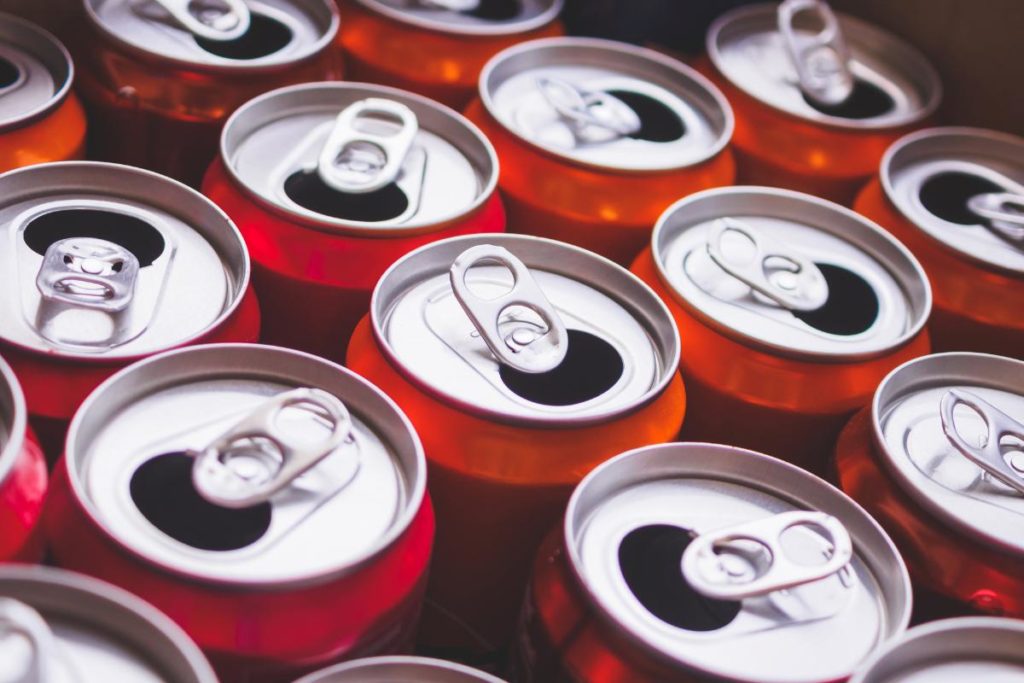When is enough? It’s an age-old question applied to numerous topics when discussing humankind’s proclivity towards excess. Whether in search of power, wealth, or status, it seems too often that enough usually isn’t enough. This is especially true when it comes to alcoholism and substance use. Here, the value of moderation cannot be overstated, and one must continuously re-evaluate what moderation looks like when trying something new that has the potential to be addictive.
White Claws have a particular reputation for consumers. They’ve been advertised for health, wellness, and convenience. White Claws can appear less potent than other alcoholic beverages, begging the question, “How many White Claws are too many?” Find out more at Texas Recovery Center and explore our alcohol addiction treatment options. Call our team at 214.295.6503.
How Do White Claws Differ from Other Alcoholic Beverages
White Claws are different from other alcoholic beverages in several ways. White Claws are part of some-what newly emerging trend in the alcohol industry that has seen alcoholic seltzers become commonplace within drinking cultures around the world, but what makes them so popular? The reason alcoholic seltzers, specifically White Claws, have become so popular is because of how they differ from other alcoholic beverages such as beers or cocktails. Everyone wants to be healthy, but what if someone could be healthy when participating in an activity that is widely considered unhealthy? White Claws are only 100 calories, two carbs, and are gluten-free. Not only this, but they also come in a skinny tall cylindrical can.
Can I Get Addicted to White Claws?
White Claws are still an alcoholic beverage. Alcohol, regardless of how it gets consumed, can be highly addictive if abused and used in excess. The reason alcohol is so addictive is because of its effects on the brain. The short-term emotional effects of alcohol can be:
- Elation
- Relaxation
- Limited inhibitions
- Increased confidence
- Feelings of social acceptance
One can see the appeal. But these feelings aren’t for free. As prolonged use continues, the brain becomes dependent on alcohol to produce the chemicals that create these feelings. This dependency leads to the long-term emotional side effects of alcohol, which are:
- Depression
- Anxiety
- Irritability
- Social withdrawal
- Mood fluctuation
- Low self-esteem
- Negative or intrusive thoughts
Due to its health-related image, it is easier to overconsume White Claws than one might assume. When something is perceived as being healthy, or even just healthier than something else, its positive characteristics can overshadow its potential risks. This is a dangerous mindset when applied to alcohol because the consumption rate becomes less of a concern. When habitually consumed in excess, the chances of developing an emotional dependency can skyrocket as consumers continue to think they are enjoying a healthy alcoholic alternative.
Is It Possible to Have Too Many White Claws?
When it comes to alcohol, “when is enough, enough?” is a question that can only be answered by the individual asking. Intoxication levels can rely on an individual’s height, body weight, calorie intake, body fat, metabolism, gender, and rate of use. As a result, there is no one-size-fits-all answer to the question of “How many White Claws are too many?” The best way to estimate how many drinks one should consume in an evening is to consult a blood alcohol chart (BAC) that the state government approves. This chart will give a safe estimate as to how many drinks a person should consume per hour based on individual body weight.
Find Out More About Alcohol Consumption at Texas Recovery Center
While BAC charts are a great resource, the best way to get an accurate idea of how many alcoholic beverages one should consume is to consult a healthcare professional. Alcohol consumption can have different effects on different people, so it’s important to figure out what is safe for you as an individual. If you or someone you know is struggling with alcohol addiction, don’t hesitate to contact Texas Recovery Center for help.
Texas Recovery Center provides comprehensive treatment for alcohol addiction. Our team of dedicated specialists offers a wide variety of addiction treatment services. Our goal is to provide high-quality care to all patients and to make treatment as productive as possible. For more information on alcohol consumption or to schedule an appointment today, contact us at 214.295.6503.













